Topics:
Never Miss a Beat - Get Updates Direct to Your Inbox
FILTER:
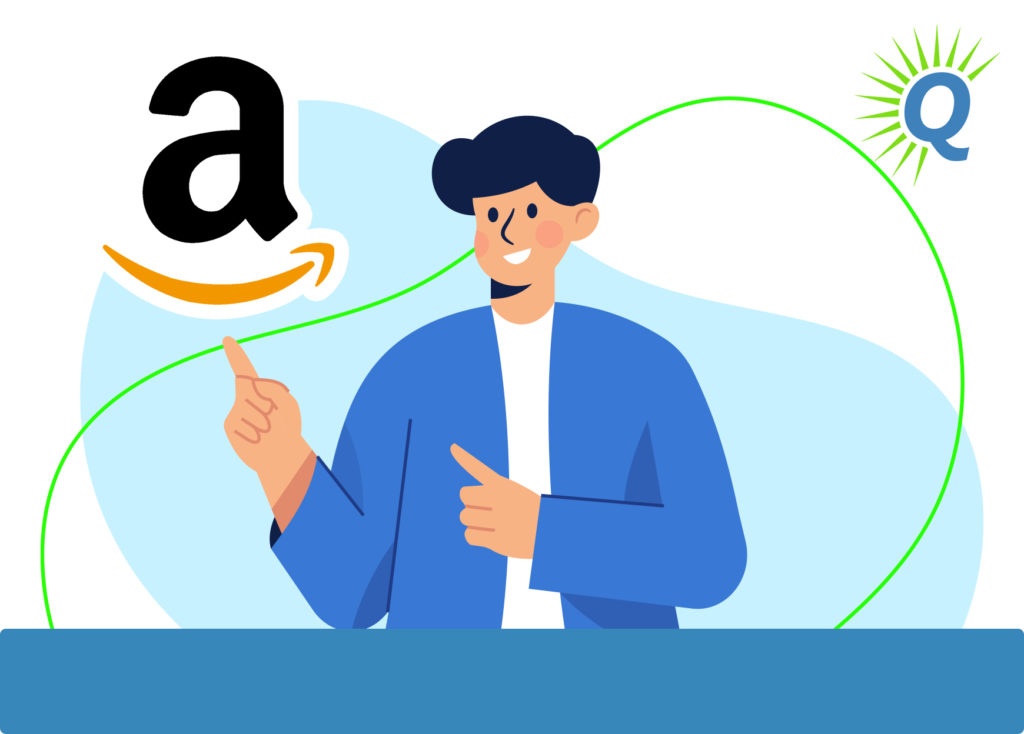

Buying an Amazon Business? Here’s Everything You Need to Know
By Ian Drogin


There are numerous benefits to buying an Amazon business. Not only can FBA businesses generate an impressive ROI, but they also can be run from anywhere.
While buying an Amazon business can be a great investment decision, it’s important to do your homework before making an offer. This article will cover everything you need to know about purchasing an FBA business so you can make the best investment decisions possible.
Buy a Profitable Online Business
Outsmart the startup game and check out our listings. You can request a summary on any business without any further obligation.
Let’s start with the most common question: how much do FBA businesses cost?
Current Going Rate for an Amazon Business
There is an enormous range when it comes to valuing existing Amazon businesses. You can buy one for $100,000 or $30 million. It just depends on the size and desirability of the business in question.
If you want to check out real FBA businesses that are currently listed for sale, head over to our listings page.
Looking through our listings will give you an idea of how much various businesses cost. However, it won’t necessarily tell you how the asking prices are determined…
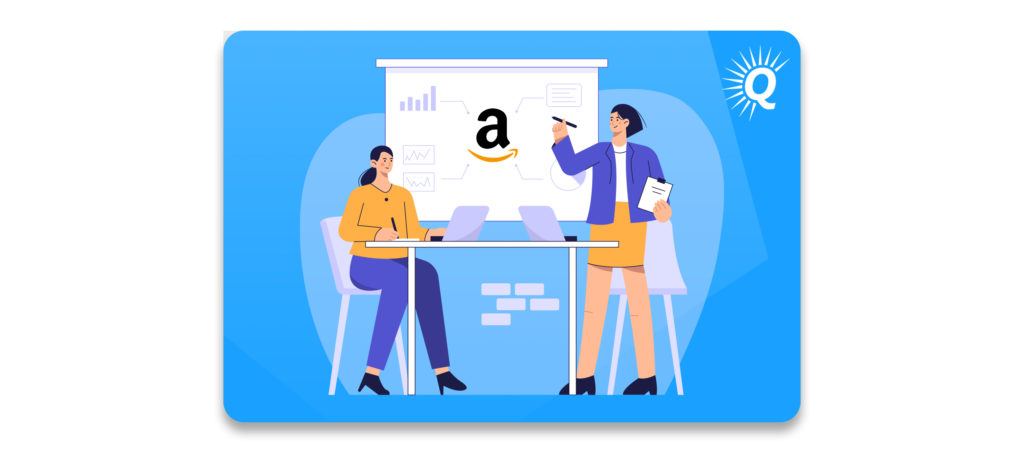

To learn what makes an FBA business valuable, it’s important to first understand how the valuation process works. Once you understand the valuation process, you’ll have a clear idea of the type of FBA business your budget will accomodate.
How to Value an Amazon FBA Business
Like most online businesses, Amazon businesses are valued using the SDE multiple method.
The SDE multiple method determines the value of a business by multiplying the Seller’s Discretionary Earnings (SDE) by a number known as the multiple.
“Like most online businesses, Amazon businesses are valued using the SDE multiple method.”
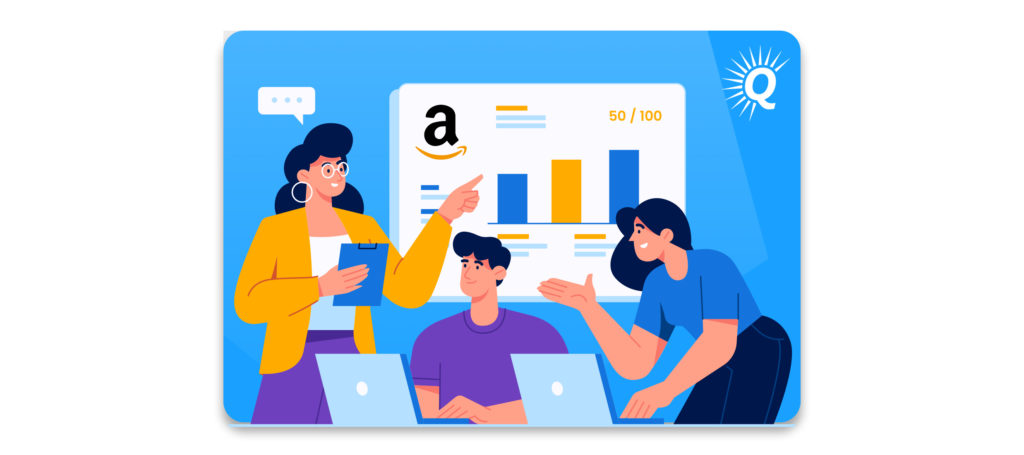

Understanding Seller’s Discretionary Earnings
Seller’s Discretionary Earnings are the pre-tax, pre-interest profits before accounting for one owner’s benefits, non-cash expenses, one-time investments, and non-related income of discretionary expenses. Basically, SDE is the money that the owner “really” makes by operating the business.
What is a “Multiple” in Business Valuation?
The multiple is a number that the SDE is multiplied by to determine its value. For example, if an Amazon FBA business has $200,000 in SDE and a multiple of 3X, the business will be valued at $600,000 (3 X $200,000 = $600,000).
For most Amazon businesses the multiple is 2-5X, but it can certainly be above or below that range. Four primary factors determine the multiple:
- Growth
- Risk
- Documentation
- Transferability
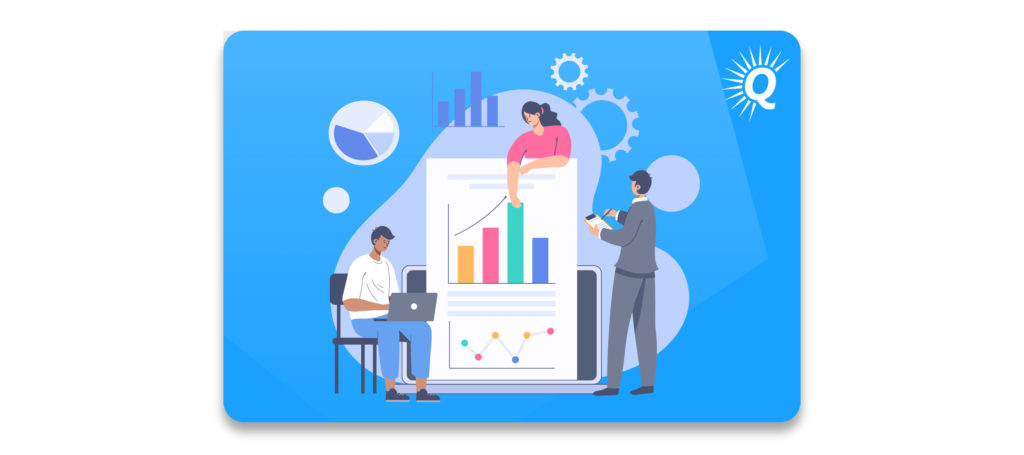

Growth
If an Amazon FBA business is growing rapidly, it indicates that the business is doing well and will likely generate higher earnings in the future. Therefore, all else being equal, businesses with high growth rates will cost more to acquire than those that are stagnant or declining.
“All else being equal, businesses with high growth rates will cost more to acquire than those that are stagnant or declining.”
In evaluating growth, both short-term and long-term growth trends are important.
Risk
Just as growth increases a business’s value, risk decreases it.
There are several factors that can create risks in Amazon businesses, including:
- Market trends
- Competition
- Age of business
- Lack of revenue diversification
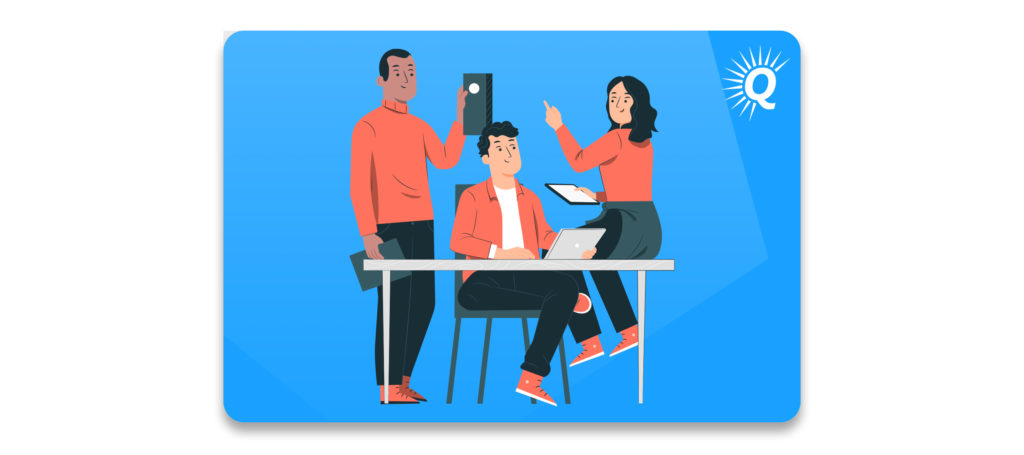

If the overall market in which a business operates is trending downward, that might be alarming from an investment perspective. Similarly, if an FBA business is having a hard time winning the buy box, you should certainly be wary as a buyer.
Businesses that are less than 24 months old or have only one or two products that generate most of the revenue are also riskier. As such, they generally cost less to acquire.
Documentation
Businesses with detailed documentation practices are more valuable than those with poor records. If an Amazon FBA seller is unable to provide detailed reports for each FBA fee and other key expenses, how can you truly understand the state of the business?
“Businesses with detailed documentation practices are more valuable than those with poor records.”
Transferability
Businesses that can easily be transferred to a new owner are more valuable than those that have transferability barriers.


If an Amazon business has clear Standard Operating Procedures (SOPs), it will be a lot easier for you, as the buyer, to understand the processes of business operations. Therefore, you should expect to pay a higher multiple for an FBA business that is well organized.
Pros and Cons of Buying an Amazon Business
Like every investment opportunity, there are both pros and cons of buying an Amazon FBA business. Let’s start with the pros.
Pros of investing in FBA businesses include:
- Proven business model
- Potential for automation
- High growth potential
- Highly transferable
Cons of investing in FBA businesses include:
- Can be capital intensive
- Potential instability
- Platform risk
Proven Business Model
The path of the Amazon business owner is well paved and proven to work.
There was a time when Amazon businesses were thought of as risky and uncertain. Back in the “early days,” sellers feared that the FBA model was a short-term fad. Many thought the opportunities would disappear as quickly as they emerged.
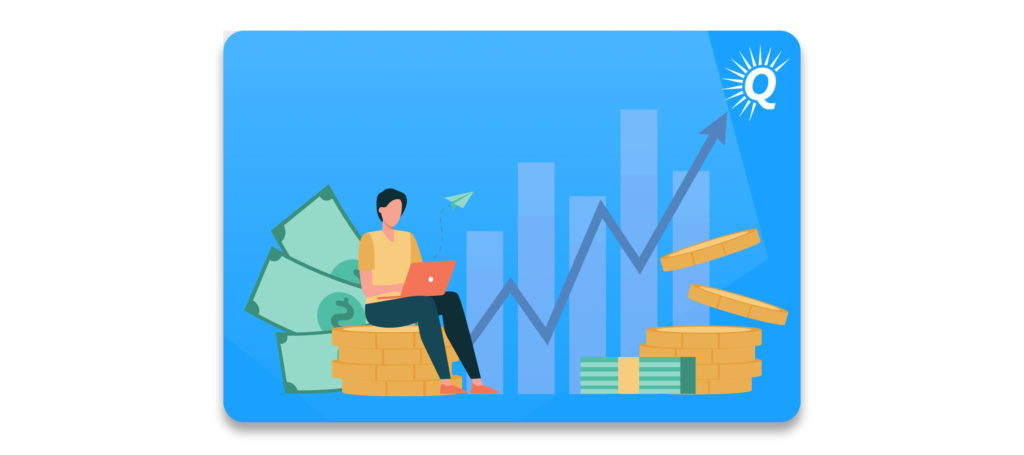

A lot of things have changed on Amazon, but for established FBA businesses, the potential is as promising as ever. With consistent growth and unparalleled logistics systems, the platform isn’t going anywhere soon. And since Amazon relies heavily on individual sellers to fulfill customer demand, the company welcomes FBA businesses that provide true value.
Automation Potential
Amazon businesses have enormous automation potential. Through effective structuring, most FBA businesses can provide passive income for the owner.
There are two primary elements that enable FBA business automation:
- Amazon’s fulfillment capabilities
- Agency and contractor support
As every seller knows, Amazon can handle many of the key tasks involved in selling your business’s products. FBA can receive and store inventory from Amazon’s warehouse, fulfill orders, and process returns. Essentially, with FBA, you never need to touch your own products.
For all of the other responsibilities, there are agencies and contractors that can help.
Because the Amazon business model is so well established, there are numerous resources to support sellers. In fact, it’s not hard to find an Amazon agency that can manage just about every aspect of your Amazon FBA business, including:
- Product research and development
- Listing creation and management
- Customer service
- Accounting and financial management
- Strategy and implementation
Of course, these services cost money, but they can be worth every penny in the right situation.
Thinking of Selling Your Business?
Get a free, individually-tailored valuation and business-readiness assessment. Sell when you're ready. Not a minute before.
Growth Potential
With consistent and reliable platform growth, Amazon business models are ripe with opportunity. If you follow the right framework, there’s a good chance your Amazon business has a long runway of growth ahead.
One of the most obvious growth strategies is to launch new products in the same or adjacent markets. If your business sells dinner plates and cutlery, why not add glasses or mugs to your Amazon store?
Additionally, a lot of sellers seek to grow the success of their existing products. If you’re currently selling to individual Amazon shoppers, perhaps try targeting business customers. If you’re relying on organic traffic, maybe experiment with different forms of paid advertising. And if you’re selling single items, try including multiple items in each unit and offer a quantity discount.
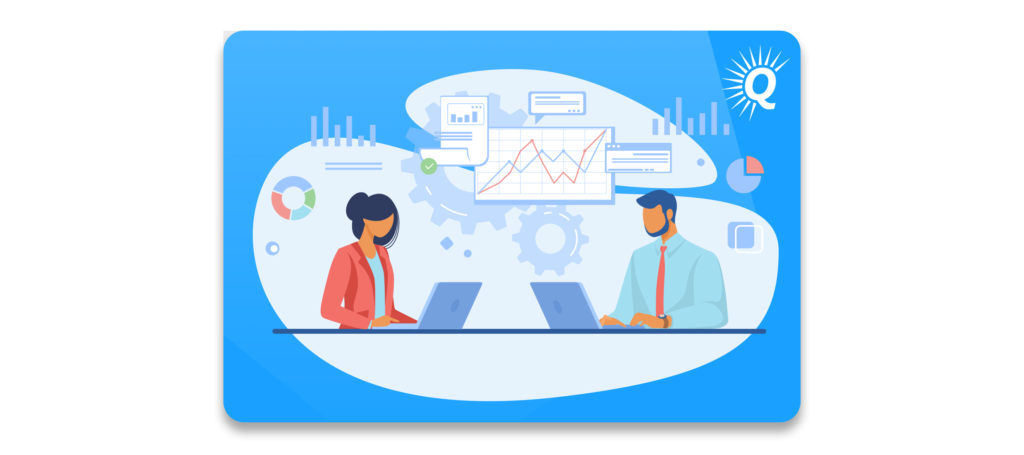

The bottom line is that there are numerous ways to grow an established Amazon FBA business.
Transferability
Generally, Amazon businesses can be easily transferred to a new owner. As a buyer, this means there shouldn’t be excessive headaches involved in the buying process.
There are a few key steps involved in transferring an FBA business from one owner to the next. Assets that must be transferred include:
- Seller Central account
- Supplier relationships and contracts
- Contractor relationships and agreements
- Trademarks and patents
- Software accounts
- All documentation
“Generally, Amazon businesses can be easily transferred to a new owner.”
FBA brands typically don’t involve the transfer challenges that some other businesses experience.
During the transfer process, the seller provides the buyer with the Amazon Vendor Central account, software accounts, and all trademark and patent rights. They also introduce the buyer to all contractors and suppliers. Often, agreements with these parties must be transferred as well.


Amazon Businesses Can Be Capital Intensive
To make money on Amazon, you first need to invest money in inventory and advertising. This is true whether you’re producing products yourself or engaging in retail arbitrage.
Once you’re generating sales, you then need to reinvest a portion of your revenue. Often, the reinvestment is substantial, especially if you’re seeking to grow your business.
If an FBA business has healthy margins and is stable, its revenue can often fund its continued growth. However, growth can sometimes require further capital investment.
Capital requirements can vary from business to business. Therefore, it’s important to consider this element when determining your acquisition plan.
Potential Instability
Like all businesses, Amazon businesses can experience instability. However, the level of instability can vary greatly from business to business.
A few elements that can contribute to instability include:
- Poor product mix
- Slim margins
- Supply chain disruptions
- Competitive threats
If an FBA business sells only two products, it’s exposed to considerable risk. If one of those products goes down the entire business will be threatened. Therefore, smart buyers often look for FBA brands that have many products, not just a few.
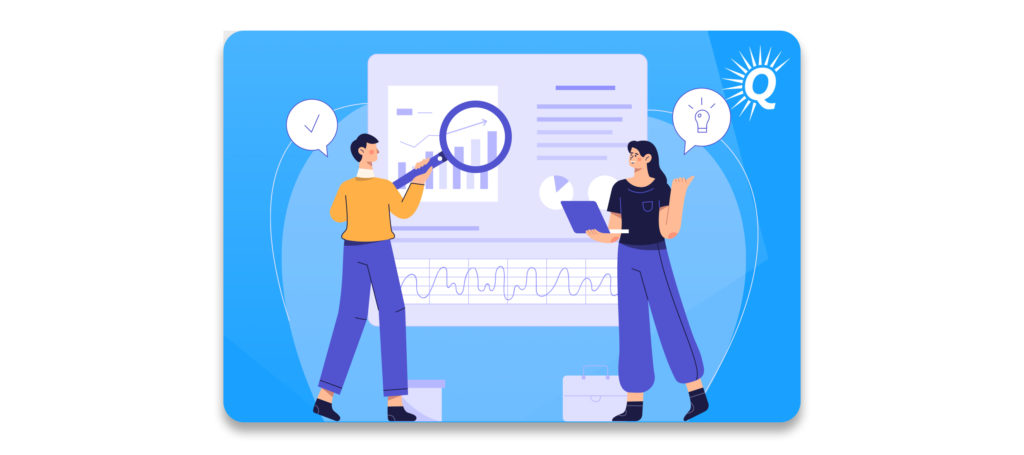

Small margins can also create risk and instability. If the business runs on a 10% margin and its advertising increases by 11%, the business may collapse. The same is true for changes in shipping cost. Healthy margins ensure that the business can fend off various challenges.
Supply chain disruptions are a common threat. However, they can often be avoided by establishing backup suppliers who can step in if required.
Competition is another element that can threaten some businesses.
While all of these can create instability, they can also be mitigated through thoughtful research and planning. We’ll discuss ways to minimize instability in the sections below.
Platform Risk
At one time, buyers were skeptical about businesses that only had a presence on Amazon.
They feared that the platform wasn’t stable. The idea was that either Amazon would go downhill, or it might randomly ban the business’s seller account.
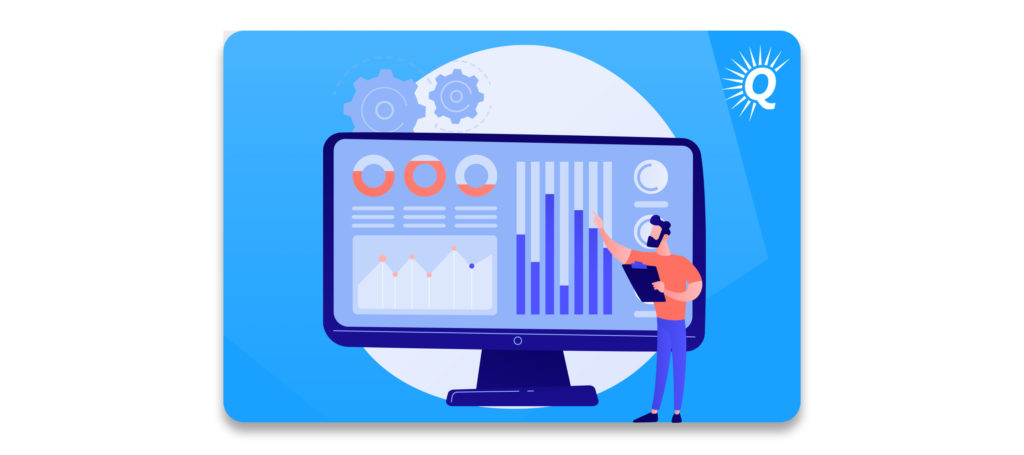

Today, the perceived platform risk is much less relevant for most buyers. They’ve learned that Amazon isn’t just a fad, but a stable platform with consistent growth. They’ve also realized that account suspensions aren’t random, and most account issues can be effectively addressed. However, there are still buyers who are wary of businesses that rely heavily on FBA.
What to Look for When Buying an Amazon Business
You’re convinced that buying an Amazon business is a wise investment. Now, it’s time to understand what to look for in your search for the perfect FBA brand.
There are several key elements to look for when looking for potential FBA business acquisitions. These include:
- Age of the business
- Revenue and SDE trends
- Market trends
- Number of products
- Profit mix
- Supply chain stability
- Documentation
- Defensibility
- Barriers to transferability
Let’s dive into each of these a little deeper.
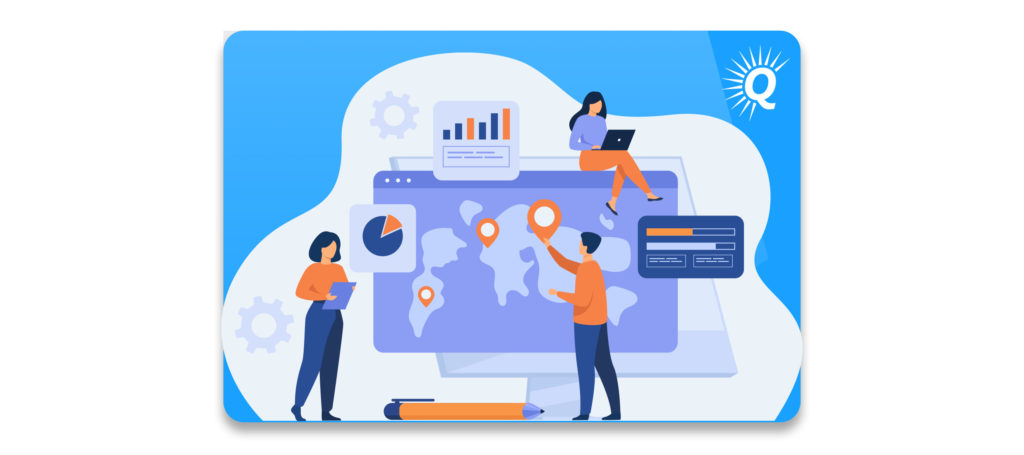

Age of Business
Older businesses are generally more stable than young ones.
Having a long track record of consistent growth indicates that the business is sustainable. Without such data, it’s impossible to know whether or not the business really has a winning strategy.
As a “rule of thumb,” most buyers look for at least 24 months of solid sales history. Of course, more is generally better.
“Most buyers look for at least 24 months of solid sales history.”
Revenue and SDE Trends
Most buyers are drawn to businesses with positive revenue and Seller’s Discretionary Earnings (SDE) trends. Although you’ll likely pay more, you’ll also enjoy the privileges that growth offers.
In addition to looking for growth, it’s important to pay attention to where that growth is coming from. Look for FBA businesses that are successfully capitalizing on long-term market growth trends.
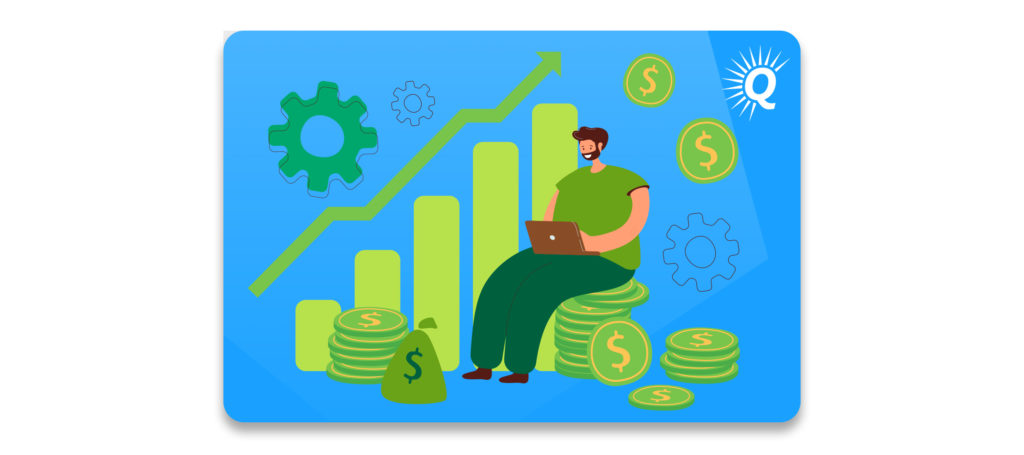

Market Trends
Amazon business trends are often largely dependent on the overall markets they serve. Therefore, it’s always a good idea to look for FBA businesses in markets with steady growth.
It’s important to note that short-term bumps in the market are not what you should look for. Instead, focus on longer-term trends that you expect to continue. In other words, don’t confuse a fad for a long-term trend.
Product Mix
Generally, it’s not wise to buy an Amazon business with just one product listing. Rather, look for FBA brands that have a healthy product mix that includes several different successful products.
If you buy an FBA business with many products, you’re less dependent on any single Amazon listing. If one gets shut down in your Amazon seller account, you still have several others to drive revenue.
Supply Chain Stability
Look for FBA businesses that have strong relationships with suppliers. Even better, find ones that have multiple suppliers for each profitable product.
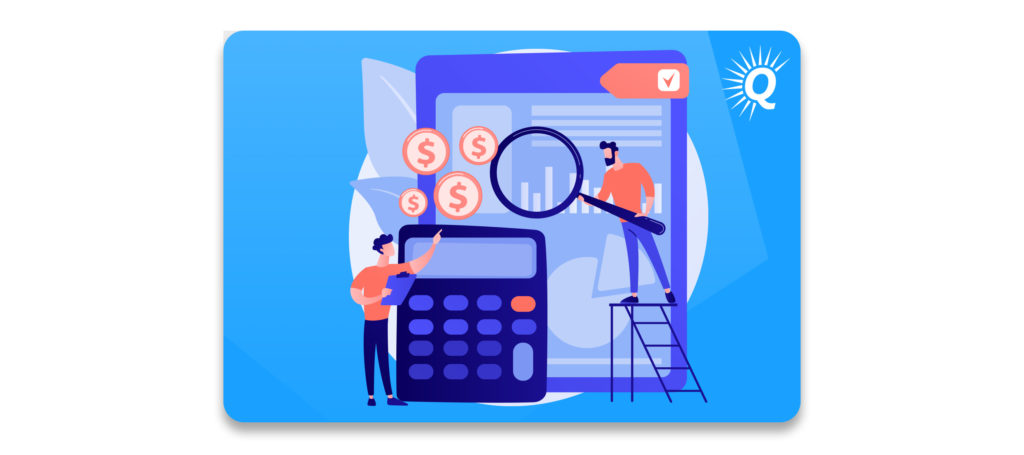

In addition, determine whether the suppliers will work with you and provide the same prices. In other words, make sure the relationships are transferable.
Documentation
As a buyer, it’s extremely frustrating when you acquire a business and then discover it’s completely disorganized. Don’t wait until closing to discover the previous owner’s documentation practices.
Make sure to examine all of the owner’s records before you buy. Be certain that there are clear Standard Operating Procedures in place so you know how tasks are handled. Once you’re in charge, it’s important that you understand how everything works.
Defensibility
It is essential to buy a business that is well-positioned and able to handle the competition.
If an FBA business is selling cheap wholesale products, be wary. What happens when another third-party seller sources the exact same product idea and sells it for half the price?
If anyone can invest a $5,000 startup cost and compete with you, that’s a red flag.
Make sure to find FBA brands that can defend their position in the Amazon marketplace. In order words, look for businesses that have:
- Expensive products
- Unique products
- Patents
- Trademarks
- Customer loyalty
- Amazon reviews
Barriers to Transferability
Most fulfillment by Amazon businesses can be fairly easy to transfer from one owner to the next. However, it’s still important to do your research and make sure no unexpected issues arise.
How to Know Whether You Should Buy an Amazon Business
Several factors go into determining whether or not you should acquire an Amazon business. For most investors, these include:
- Risk tolerance
- Interests
- Skillset
- Goals


Risk Tolerance
If you’re looking for a completely stable investment akin to a Fortune 500 Index Fund, look elsewhere.
Although many FBA businesses are highly stable by “businesses’ standards”, they still don’t match the predictability of a well-diversified stock portfolio. However, the returns can often be much higher.
Interests
Most FBA sellers have a genuine interest in the process of building online businesses. Unless you’re going to outsource all management responsibilities, it’s important that you enjoy the operations of owning a business.
For those who prefer other business models, there are numerous to choose from, including dropshipping. Running a business will always be work, but it can also be fun.
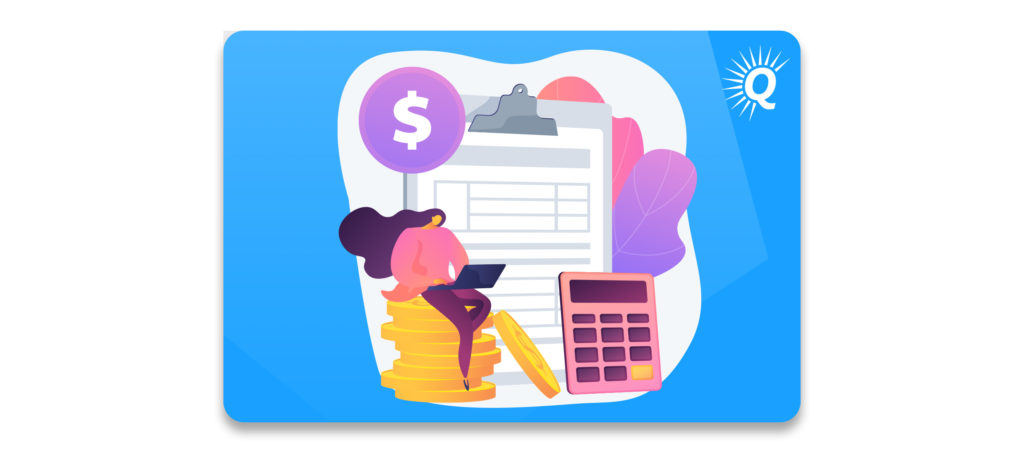

Skillset
It’s important to know what your skills are as a business owner. If some of your abilities can be applied to manage and grow an FBA business, then perhaps it’s a wise investment.
Before buying a business, break down what strengths and strategies you can bring to the table.
There is no one skill that is important for succeeding on Amazon. Rather, there are a variety of skills that can all lead to a successful business. Design, financial management, product development, and human resource management are all areas of expertise that help you as an FBA business owner.
What Are Your Goals?
Lastly, it’s critical that you decide what your goals are before diving in and signing on offer. If you’re seeking location independence, high ROI potential, and a stimulating endeavor, then buying an FBA business might be right for you.
Buy a Profitable Online Business
Outsmart the startup game and check out our listings. You can request a summary on any business without any further obligation.





